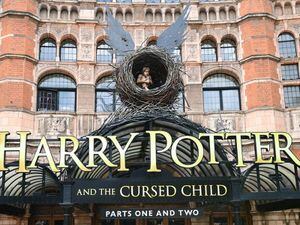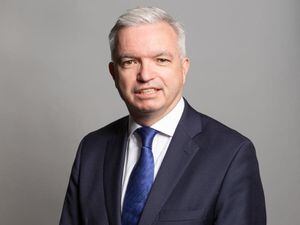Slide in video game and theatre ticket prices expected to weigh on inflation
Food prices are thought to be likely to fall a year after jumping 0.8% in September 2017, its biggest rise for a decade.

Inflation is forecast to have edged down in September, as a spike in prices for recreational activities cooled off.
Consensus estimates predict the Office for National Statistics (ONS) Consumer Prices Index (CPI) of inflation will have dropped to 2.6% for September.
That is compared to 2.7% in August.
Inflation in the recreation and culture sector is also expected to fall sharply on the anniversary of a price surge last year.
Games, sports goods and cameras in particular will see a decline after a spike in the price of computer games and theatre tickets over the summer, which is now likely to be reversed.
Victoria Clarke, economist at Investec, said: “It seems likely that the recreation and culture category impact will unwind in September; it has enjoyed two outsized monthly increases, so it will struggle to match last year’s 0.8% rise (the joint third-highest on record).”
Food prices are thought to be likely to fall a year after jumping 0.8% in September 2017, its biggest rise for a decade.
But price hikes by four of the 12 largest energy suppliers during the second half of August will keep up momentum in electricity and natural gas, compared to last year.
Samuel Tombs, chief UK economist for Patheon Macroeconomics, said: “None of the main suppliers increased prices in September 2017, so the inflation rates for electricity and natural gas prices will jump, lifting their combined contribution to the headline rate by 0.04 percentage points.”
This will be offset by an anticipated drop in motor fuel inflation, leaving energy’s contribution to the rate steady.
“Energy’s contribution will rise a little further over the coming months, as suppliers implement a second round of prices hikes, but it will then fall sharply around the turn of the year when Ofgem imposes its cap on SVTs [standard variable tariffs],” Mr Tombs said.
The September rate will be closely watched due to its impact in determining increases in pensions and business rates.
The state pension will rise in April 2019 by a rate equal to September 2018’s CPI, earnings growth or 2.5%, whichever is highest.
The current level of the full New State Pension is £164.35 per week, equivalent to £8,546.20 per year. If CPI meets consensus, recipients could stand to gain £222 a year.
Business rates – which essentially serve as specific property taxes for resident businesses – could go up by as much as £819.23 million in England if the headline rate of inflation remains unchanged at 2.7%, according to real estate advisor Altus Group.
It said £209.76 million would be paid by the ailing retail sector, which has seen a number of players go bust in recent month amid higher costs and lower consumer spending.





